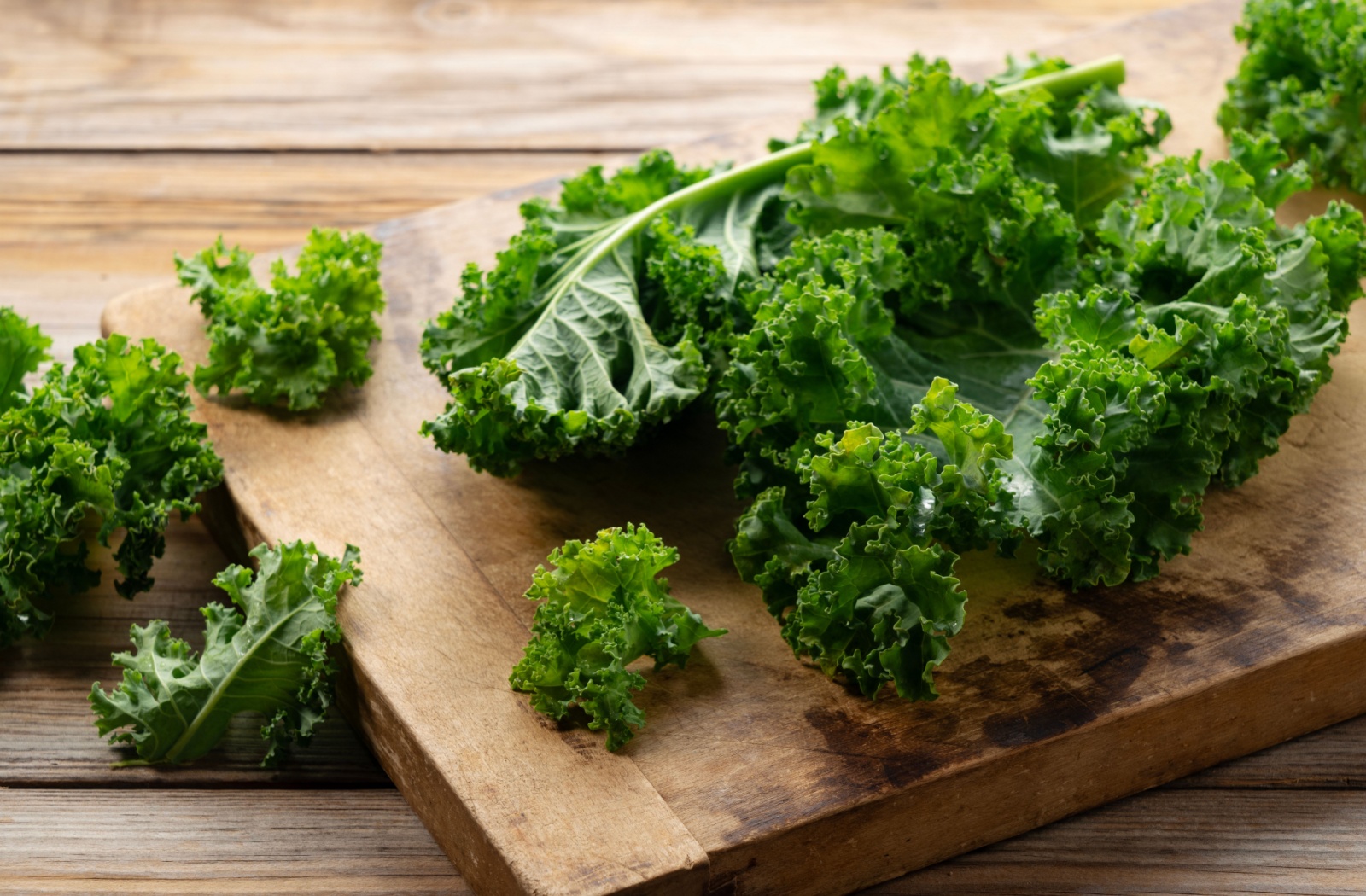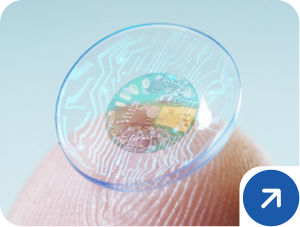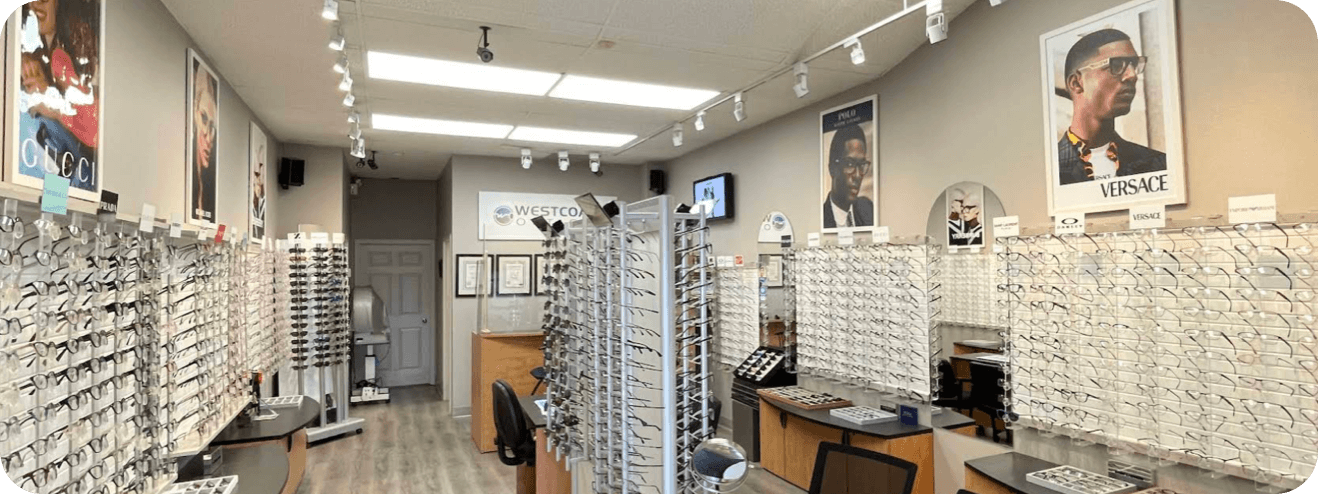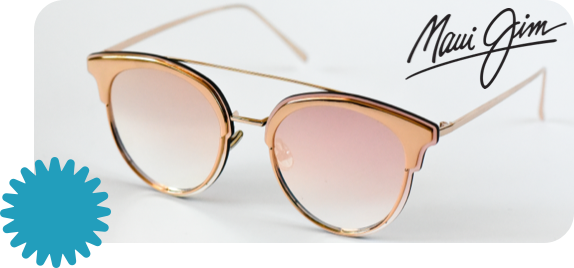Taking care of your eyes involves more than just regular check-ups—it also includes what you put on your plate. Our eyes are our windows to the world, allowing us to experience its beauty and wonders. That’s why taking care of our eye health and—preventing potential eye diseases—is essential to maintaining good vision and overall well-being.
One key aspect of eye health is nutrition. In fact, what we eat can significantly impact the health of our eyes. So, what are the best and worst foods for your eyes?…
- Leafy Greens
- Carrots
- Wild Salmon
- Eggs
To name a few…
The Best Foods for Your Eyes
Leafy Greens
Leafy greens such as spinach, kale, and collard greens are rich in lutein and zeaxanthin, two powerful antioxidants that work to protect the eyes from harmful light and oxidative stress. These nutrients are found in high concentrations in the retina and reduce the risk of age-related macular degeneration and cataracts over time.
Carrots
Carrots are well-known for their high beta-carotene content, which is converted into vitamin A in the body. Vitamin A contributes to good vision, while deficiencies in vitamin A have been linked to vision loss. Note that the popular idea that carrots improve your night vision originates in a myth from World War II!
Wild Salmon
Fatty fish like wild salmon are rich in omega-3 fatty acids, which are beneficial for eye health. Omega-3s help reduce inflammation in the eyes, improve tear production, and protect against dry eye syndrome.
Eggs
These breakfast favourites are a fantastic source of both lutein and zeaxanthin, along with zinc, which is vital for macular health. The yolk is especially rich in nutrients that protect your eyes from harmful light exposure and reduce the risk of cataracts.
Citrus Fruits
Citrus fruits like oranges, grapefruits, and lemons are packed with vitamin C, an antioxidant that plays a crucial role in maintaining the health of blood vessels in the eyes. Vitamin C assists in preventing age-related vision loss and supports the overall health of your eyes.
Nuts and Seeds
Nuts and seeds such as almonds, walnuts, and chia seeds are excellent sources of vitamin E, another potent antioxidant that protects the eyes from free radical damage. Vitamin E helps your body reduce the risk of age-related macular degeneration and cataracts, making it a valuable addition to your diet.
The Worst Foods for Your Eyes

Snacks With Added Sugars
Foods like candies, pastries, and sugary beverages can all lead to inflammation in the body, including the eyes. Chronic inflammation contributes to eye conditions such as diabetic retinopathy and age-related macular degeneration. Limiting your intake of sugary snacks plays a major role in protecting your vision.
Processed Foods
Processed foods high in trans fats and refined carbohydrates can negatively impact your eye health. These foods contribute to inflammation, oxidative stress, and insulin resistance, all of which are risk factors for eye diseases. Opt instead for whole, unprocessed foods.
Saturated Fats
Consuming high amounts of saturated fats, which is found in foods like red meat, butter, and dairy products, significantly increases the risk of developing eye conditions such as macular degeneration. Instead, choose healthier fats like those found in olive oil, avocado, and fatty fish.
High-Sodium Foods
Excessive salt intake leads to fluid retention and high blood pressure, which negatively impacts eye health. Hypertension is a risk factor for glaucoma, a serious eye condition that results in vision loss. Be mindful of your sodium intake and opt for low-sodium alternatives.
Processed Meats
Bacon, sausages, and deli meats often contain high levels of sodium, which can raise your blood pressure. High blood pressure damages the blood vessels in your eyes and leads to hypertensive retinopathy, impairing your vision.
Alcohol
Excessive alcohol consumption dehydrates your body, including your eyes, leading to dryness and irritation. Heavy drinking has also been linked to an increased risk of cataracts and optic nerve damage, which has long-term effects on your vision.
Take Care Of Your Vision
At West Coast Optical, we know that protecting your eyes isn’t just about wearing sunglasses or getting regular eye exams. Incorporating nutrient-rich foods into your diet is also essential for maintaining good eye health. Book an appointment with West Coast Optical today to schedule your eye exam and receive personalized advice on protecting your vision.















